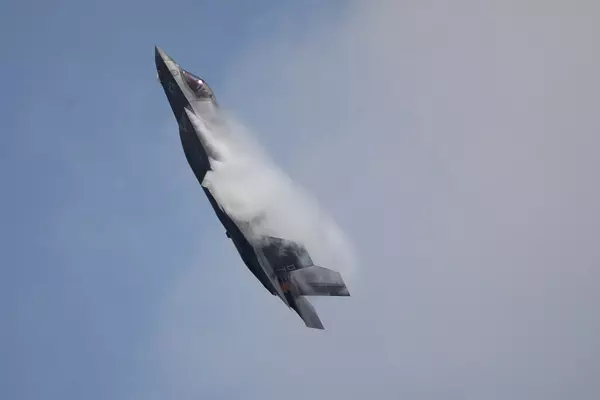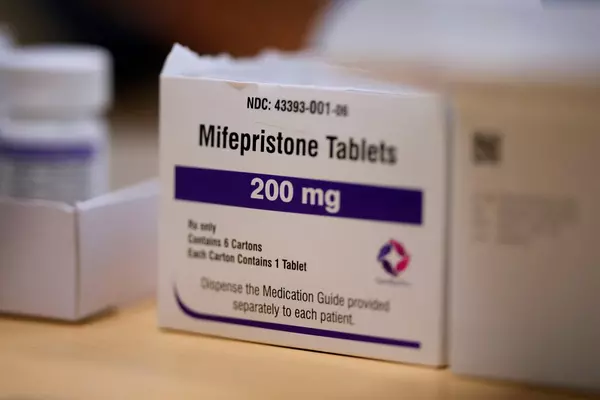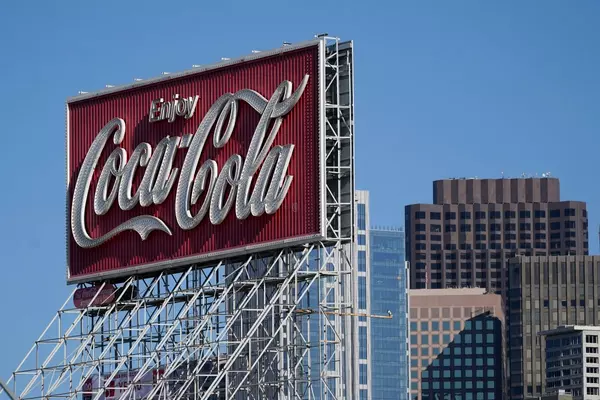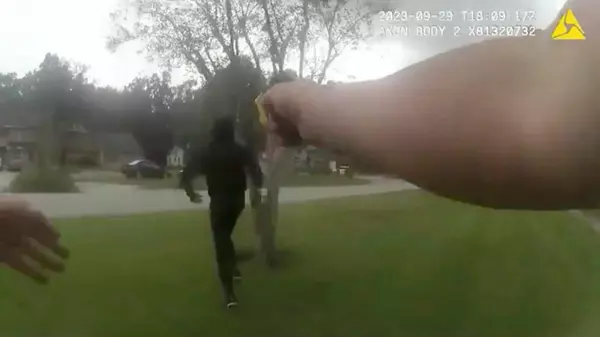
Ethiopia announced on Sunday it had filled its Grand Renaissance Dam on the river Nile, which has been the source of a long-running dispute with downstream Egypt and Sudan. Cairo has condemned the move, saying it is illegal.
The announcement came just a fortnight after Ethiopia, Egypt and Sudan resumed negotiations.
Talks were suspended in 2021, but they resumed last month, on 27 August, aimed at finding on an agreement taking account of the water needs of all three countries.
The Egyptian foreign ministry on Sunday condemned as "illegal" Ethiopia's announcement that it had filled its Grand Renaissance Dam on the Nile, the source of a long-running water dispute.
The "unilateral" measure by Addis Ababa to complete the mega-dam's filling would "weigh on" negotiations with downstream Egypt and Sudan, the foreign ministry said in a statement.
Egypt fiercely opposes the megaproject, arguing that it will reduce the flow of the Nile river.
'Final' filling
"It is with great pleasure that I announce the successful completion of the fourth and final filling of the Renaissance Dam," Ethiopia's Prime Minister Abiy Ahmed said in a message on social media on Sunday.
“የሕዳሴ ግድብን ውኃ ሞልተን ኢትዮጵያ አይበገሬና የምትፈልገውን ማሳካት የምትችል እንደሆነች እንዲያውቅ በማድረግ የትውልድን ልብ የሚያክሙ ሥራዎችን ጀምረናል፡፡” pic.twitter.com/SFKFJlffwI
— Abiy Ahmed Ali 🇪🇹 (@AbiyAhmedAli) September 10, 2023
"There was a lot of challenge, we were many times dragged to go backwards. We had an internal challenge and external pressure. We've reached (this stage) by coping together with God," he said.
"I believe that we will finish what we have planned next," he said.
The Grand Ethiopian Renaissance Dam (GERD) is set to double Ethiopia's electricity generation and could become Africa's biggest dam.
Considered vital by Addis Ababa, the massive $4.2 billion dam has been at the centre of this regional dispute ever since Ethiopia broke ground on the project in 2011, with Egypt fearing it will slash its share of Nile water.
Existential threat for Egypt
Egypt however is already suffering from severe water scarcity and sees the dam as an existential threat because the country relies on the Nile for 97 percent of its water needs.
Ethiopia has said the GERD, which is in the northwest of the country around 30 kilometres from the border with Sudan, will not reduce the volume of water flowing downstream.
The position of fragile Sudan, which is currently mired in a civil war, has fluctuated in recent years.
The current talks, which resumed after nearly two and a half years, aim to reach an agreement that "takes into account the interests and concerns of the three countries," Egyptian irrigation minister Hani Sewilam said, urging "an end to unilateral measures".
The United Nations says Egypt could "run out of water by 2025" and parts of Sudan, where the Darfur conflict was essentially a war over access to water, are increasingly vulnerable to drought as a result of climate change.
But the UN have so far maintained that three-part talks could solve the dispute.
(with newswires)







